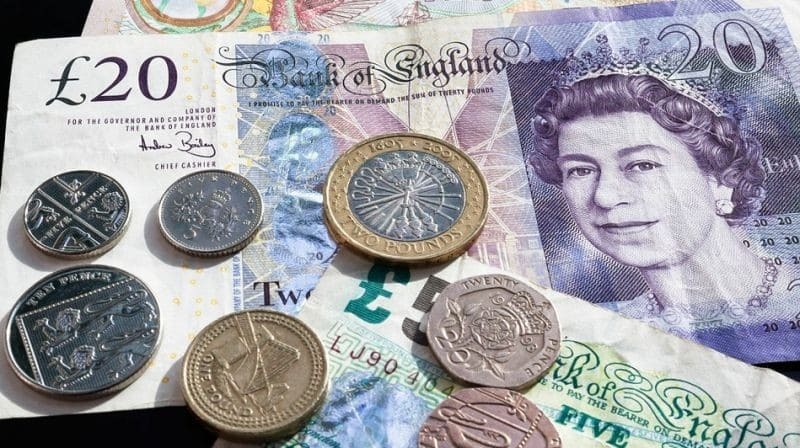Brexit Dynamics
The impending departure of the UK from the EU on March 29th remains a focal point of uncertainty. Despite ongoing negotiations, a definitive agreement has yet to materialize. Fluctuations between proposed deals and the specter of a no-deal scenario contribute to a volatile environment, directly impacting the stability of the pound. Brace for potential currency devaluation as Brexit deliberations continue.
Trade Terms and Conditions
Trade tensions, exemplified by the US-China dispute, exert substantial pressure on exchange rates. Favorable terms of trade, characterized by higher export prices compared to import prices, can fortify a nation's currency. However, the imposition of US tariffs, affecting select EU countries, and subsequent retaliatory measures complicate the landscape, influencing currency values and exchange rates.
Political Landscapes
The stability of a nation's government profoundly influences its currency's strength. Political turmoil detracts from investor confidence, while stability attracts foreign investment, bolstering currency values. The upcoming elections in both the UK and EU in 2019 carry significant implications for currency markets. Uncertainties surrounding outcomes may impact exchange rates, particularly the pound-to-euro pair.
Interest Rate Dynamics
Adjustments in interest rates exert a significant influence on currency values. Higher interest rates typically elevate a currency's value by offering more attractive lending rates, thereby attracting foreign capital and driving up exchange rates.
Bank Leadership Changes
Anticipated shifts in leadership within central banks may herald changes in monetary policies, impacting exchange rates. With the imminent departure of key personnel from both the Bank of England and the European Central Bank in 2019, adjustments to interest rates or other policies may shape exchange rate dynamics throughout the year.



